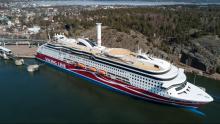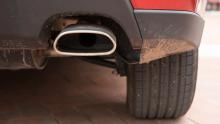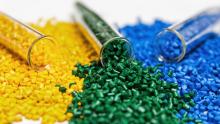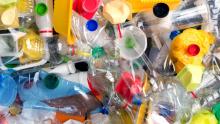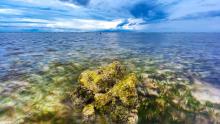Keeping track of ocean plastic
EU-funded research is developing advanced modelling tools to help assess the full extent of the problem of plastic pollution in our oceans and how it is affecting the marine environment. The tools will help policymakers design targeted measures to address a big and growing issue.

